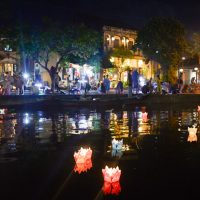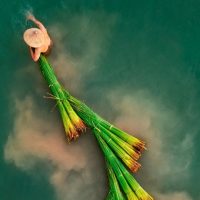Compass Travel Vietnam
Famous delicacies “eat once, remember” in Yen Bai
Yen Bai has long been a favorite destination for travel enthusiasts to explore, not only owning the terraced fields of Mu Cang Chai dyed golden in the ripe rice season, but that land has countless delicious dishes that delight tourists near and far.
Yen Bai is a mountainous land that has always been known through tourist destinations imbued with national identity such as Muong Lo, Mu Cang Chai, etc. And when it comes to Yen Bai, it is impossible not to mention its special characteristics. products, and famous ethnic dishes of the Northwest region. With a culinary background full of unique features and pure Vietnamese colors, Yen Bai cuisine always surprises others with the taste of “eating once, remembering”.

Glutinous Tu Le
“Nip Tu Le, Tieu Muong Lo” The folk song of the Thai ethnic group has long been passed down not only throughout the Northwest region, but the unique flavor of that precious rice variety has also flown far across the country.
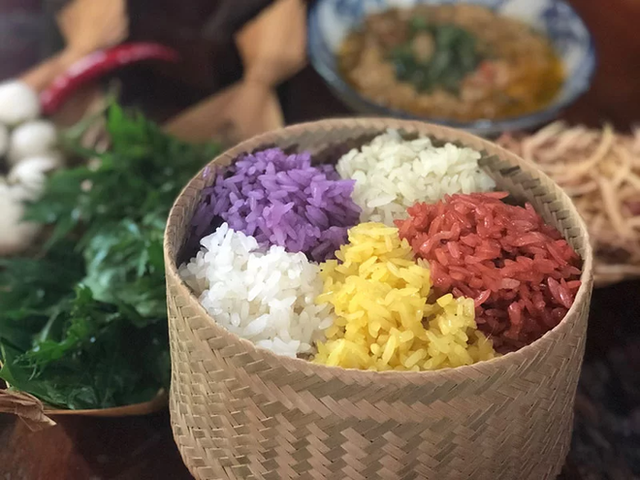
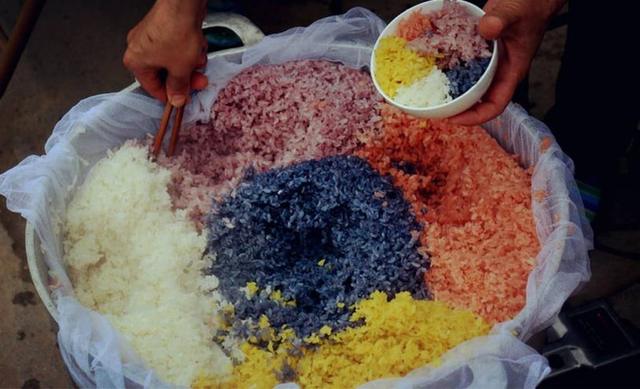
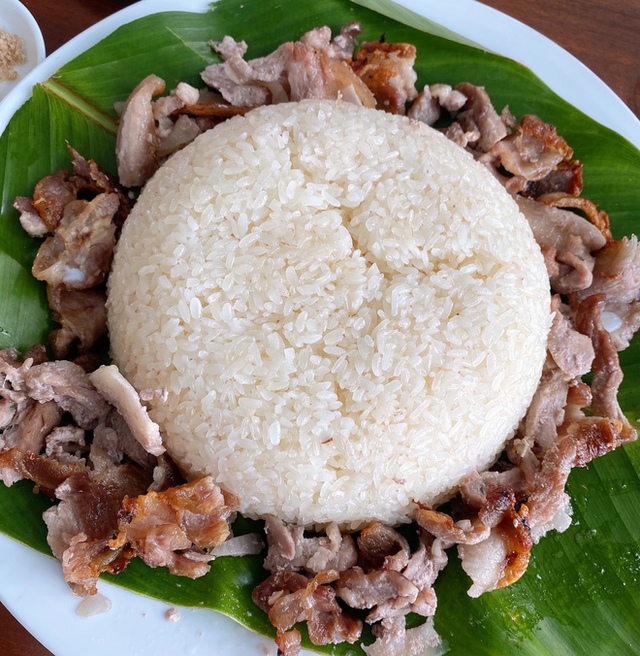
Tu Le sticky rice, also known as Tan La sticky rice (in the Thai language) is a specialty sticky rice found only in Tu Le, Van Chan, and Yen Bai valleys. This type of sticky rice has a sweet and flexible taste when it turns into sticky rice, leaving each grain, not sticking together like most other types of sticky rice. The more we chew, the more we see that this sticky rice dish is plump, sweet, not fat, not sick, but has a special and strange taste.
Muong Lo black rice cake
Banh Chung is a traditional cake of highland ethnic groups in general and Yen Bai in particular. Not only is it as black as tar, black Banh Chung also has a rich flavor, faintly fragrant with unique forest leaves. That is why this cake has long been considered a special Yen Bai specialty that many people “hunt” to enjoy.
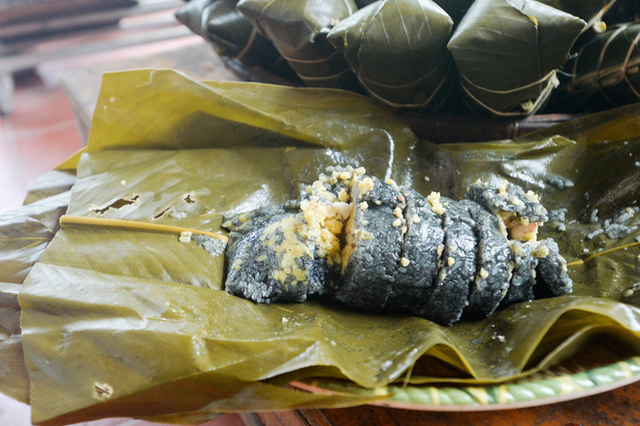
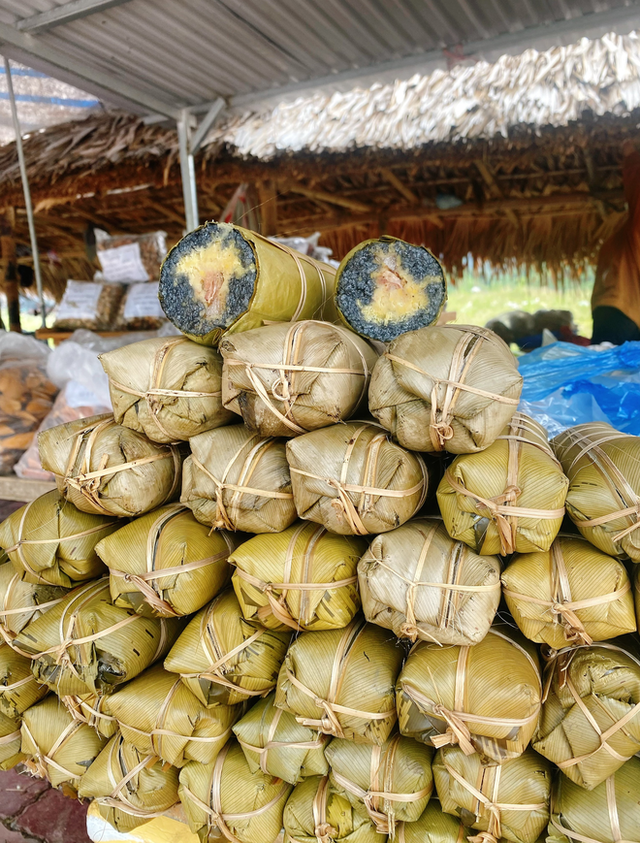
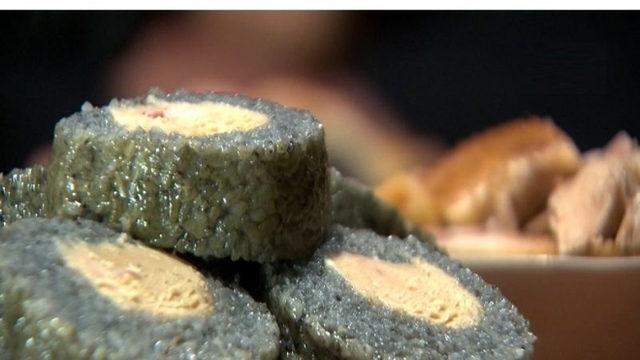
Also the basic ingredients such as Tu Le sticky rice, bacon, and pepper, but in order to make Banh Chung rich and different, people have taken the bark of the nutmeg tree, stripped the bark or the black sesame flower, and burned it into charcoal and pounded it. smooth to form black color to dye Banh Chung. The plasticity of Tu Le sticky rice, the fleshy taste of green beans mixed with the fatty taste of pork create an irresistible delicacy.
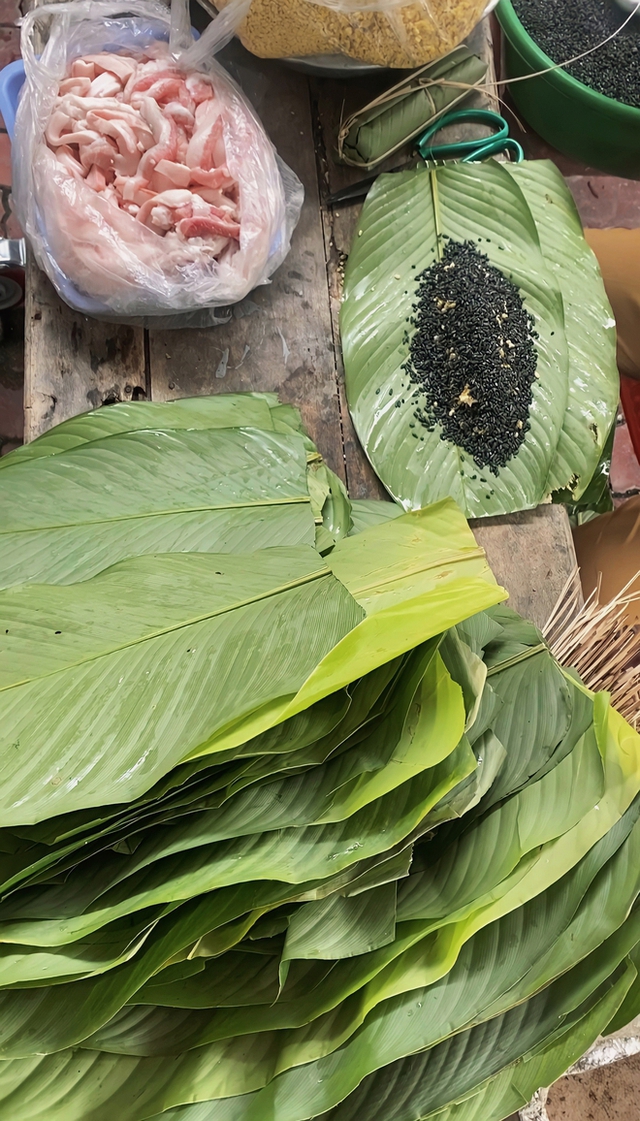
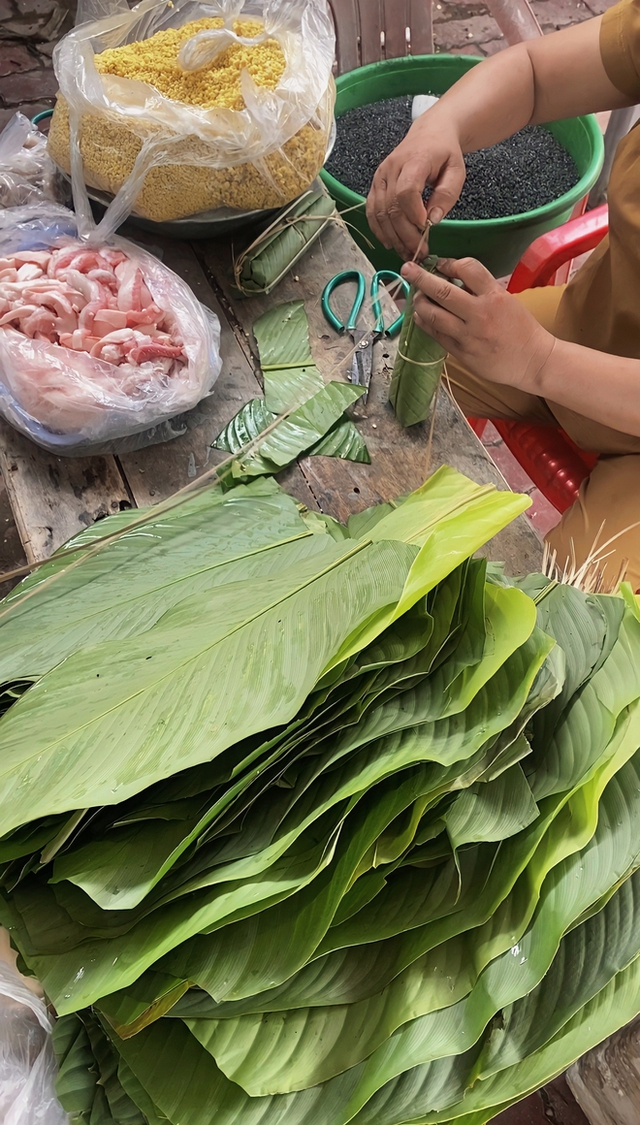
Lettuce
Lettuce in Yen Bai is a wild vegetable belonging to the fern family, which looks very similar to dandelion in the lowlands but is completely different. This vegetable usually grows all year round in ravines, rocky nooks, but the freshest is still in the rainy season.
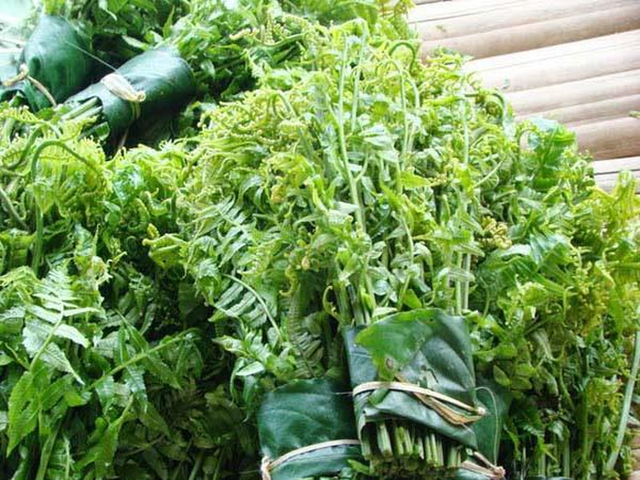
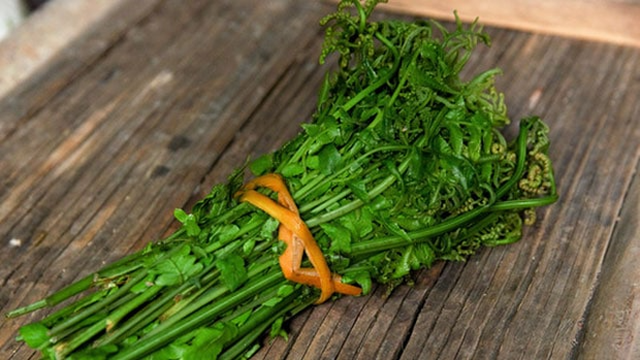
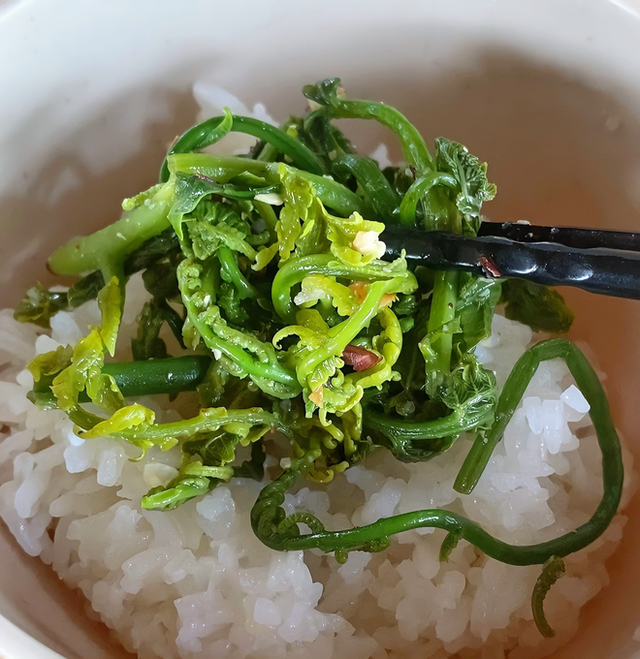
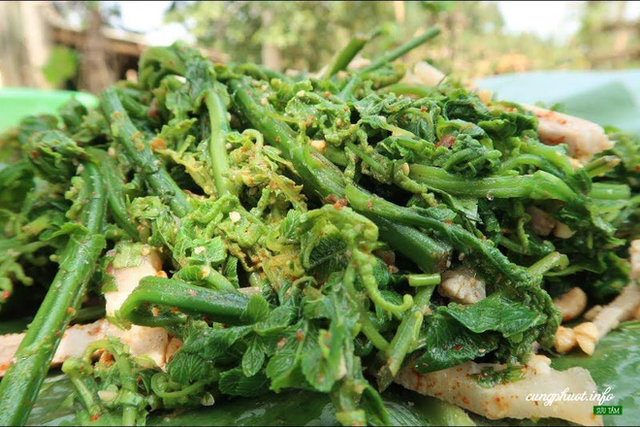
For many ethnic groups, coriander is the “king” of vegetables, it not only helps to improve the quality of daily meals but also is a specialty to treat guests in festivals. From boiling, stir-frying, cooking soup to making salad, no matter how it is processed, coriander always makes people enjoy its original flavor forever.
Forest bee pupae
Beehives are everywhere, but wild beehives that are processed into food can only be found in Yen Bai.
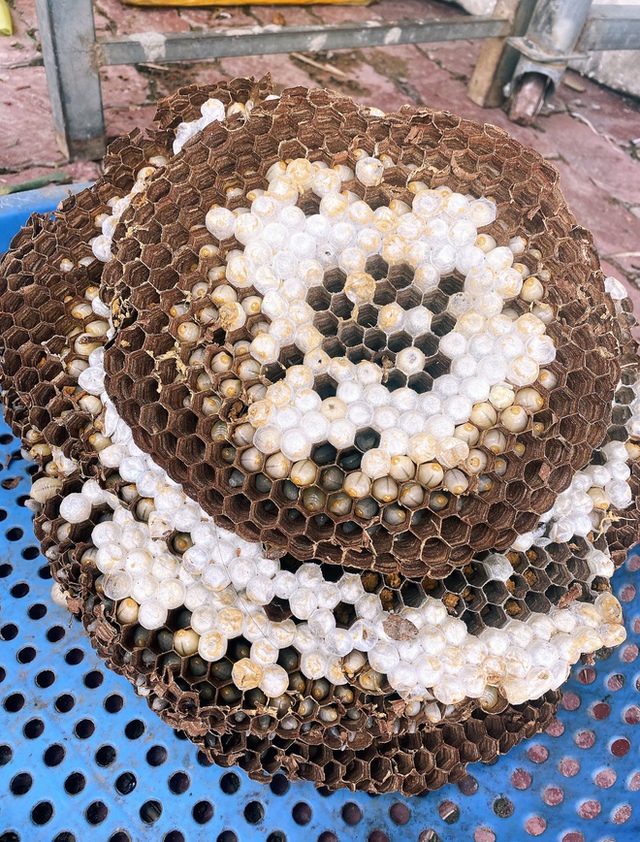
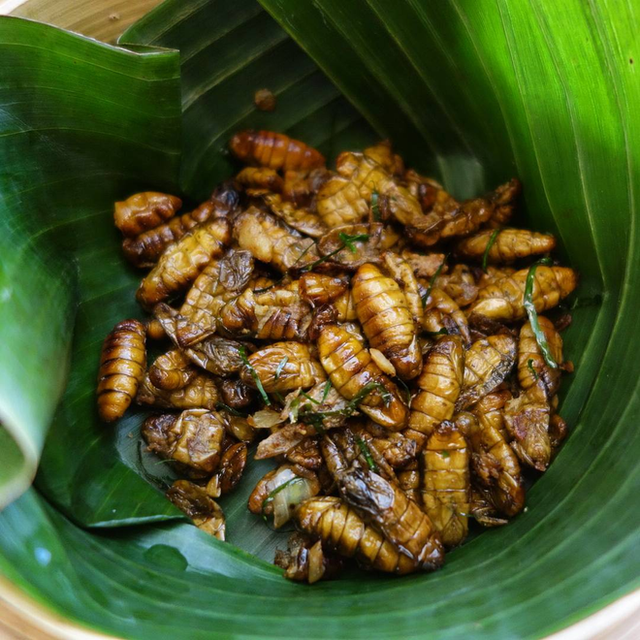
It is similar to silkworm pupae but smaller, thick honeycomb, fat pupa wiggling, pupating and processing into many dishes. Northwest forest bees mainly do simple dishes such as: Roasted lemon leaves, fried sour bamboo shoots, fried turmeric leaves, processed into many different dishes, the most popular being fried bee pupae. The dish has a fatty taste but not everyone dares to eat it.
Sticky rice with ant eggs
Referring to Yen Bai cuisine, of course, it is impossible to ignore the famous ant egg dish. This unique specialty of the Northwest mountains and forests always makes people fascinated by the extremely strange and delicious taste. The eggs are stretchy, soft and milky, with a characteristic aroma, just looking at it is attractive, once diners eat it, they will crave it forever.
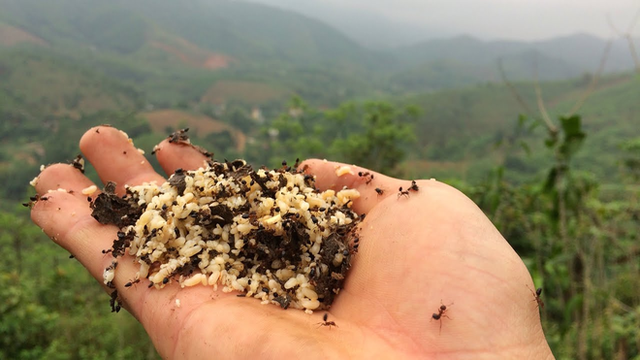
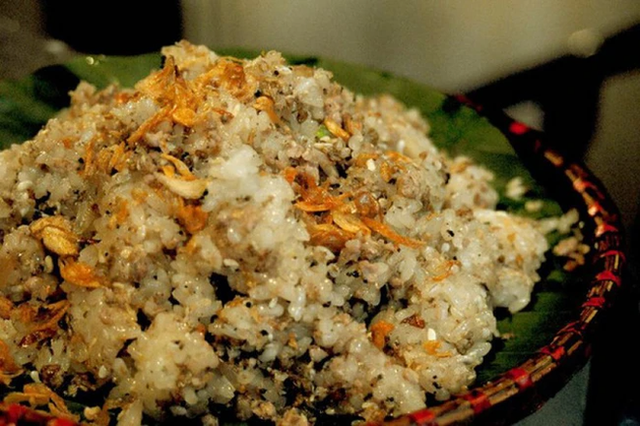
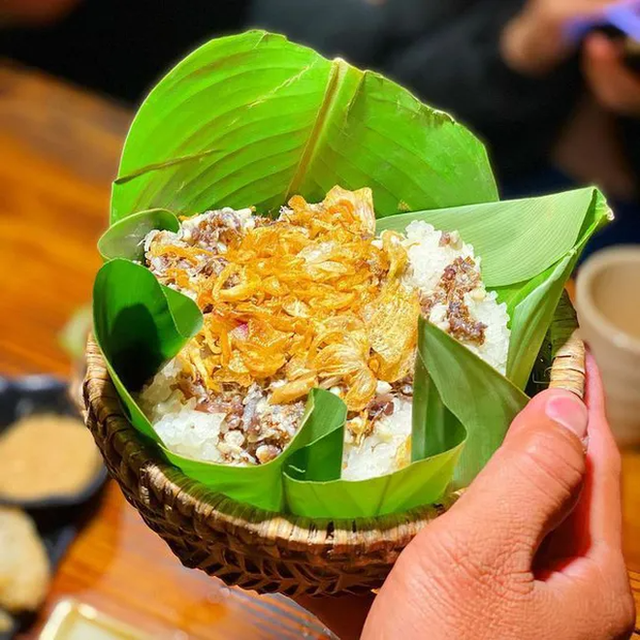
In addition to ant eggs cooking soup, mixing fried chicken eggs, making cakes … there are 3 certain dishes you must try when coming to Yen Bai. Those are raw ant eggs, ant egg rolls, and sticky rice with ant eggs. Sticky rice with ant eggs is a great combination between the rich and seductive aroma of upland sticky rice with the sweet and greasy taste of ant eggs. To properly enjoy the sticky rice with ant eggs, you have to pick up the hot sticky rice with your hands and immediately drop it into your mouth. While chewing and feeling the popping sound of ant eggs, you will understand what is the “unforgettable aftertaste” of this specialty.
The fish is delicious
Sinh fish is considered a proud specialty by Thai people in Van Chan – Nghia Lo (Yen Bai), because this fish only lives here. The fish likes to live in fast water, its body is elongated, its head is small, its scales are white, its flowers are silver, and its sides are blue. The biggest one is only four fingers, the meat is firm, sweet, when grilled it has a strong aroma, not fishy, the bones are less soft.

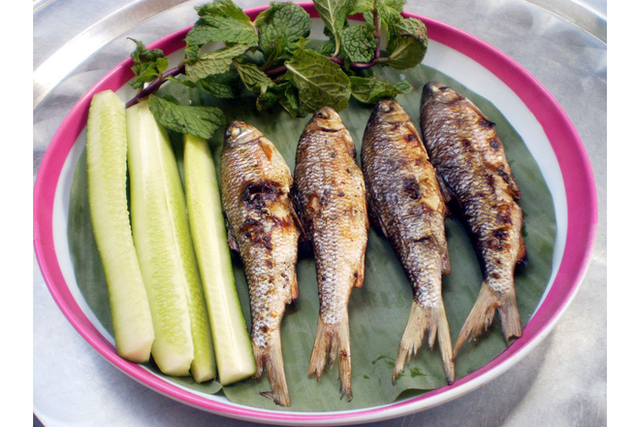
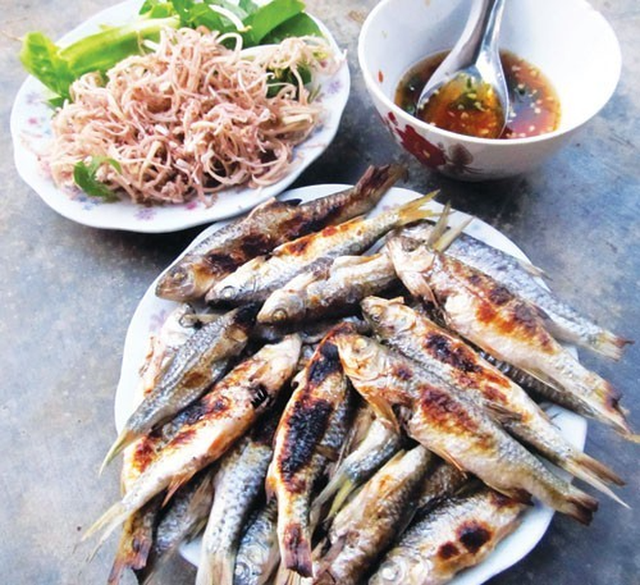
The fish is gutted, scraped, and used spices such as: flax seeds, chili, salt, garlic, purple ginger… pounded and stuffed into the fish’s belly, tied with small pieces. The whole fish is wrapped in young forest banana leaves with many layers, then buried in hot ash by the fire on stilts.
Bamboo shoots
Bamboo shoots is a specialty that the mountains and forests bestowed on the people of the Northwest region, has long been present in the traditional culinary capital of the Vietnamese nation. Bamboo shoots are available everywhere, but only in Yen Bai is chosen by many gourmets.
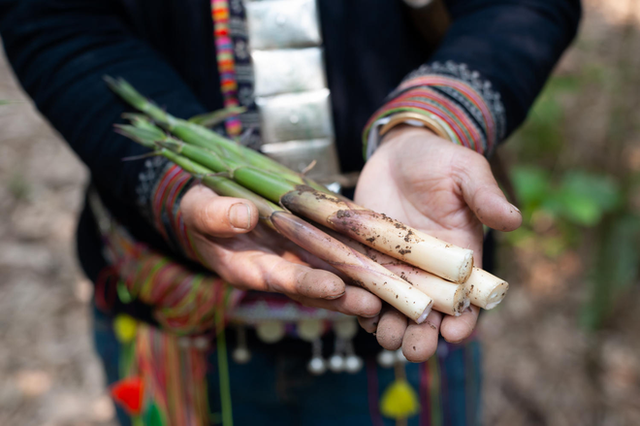
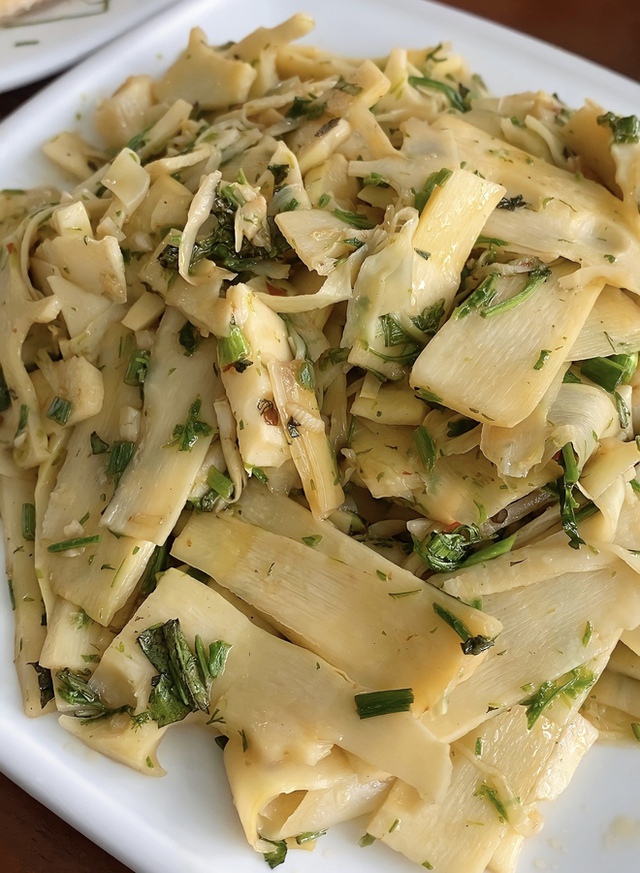
This type of bamboo shoots grows naturally on the hills of Tram Tau, Van Chan district and Nghia Lo town. Perhaps due to the suitable soil, the bamboo shoots in Yen Bai are white in color, soft yellow and taste better than other regions. There are many dishes you can enjoy from bamboo shoots, the most popular are boiled bamboo shoots dipped in sesame salt or fried bamboo shoots.
Coming to Yen Bai, getting lost in the natural scenery of mountains, terraced fields or enjoying the wind at the tops of the mountains, do not forget to enjoy delicious dishes that forget the way home, specialties of the Northwest ethnic group.
Phôt: Internet
Famous delicacies “eat once, remember” in Yen Bai
vinlove.
Source: vinlove






